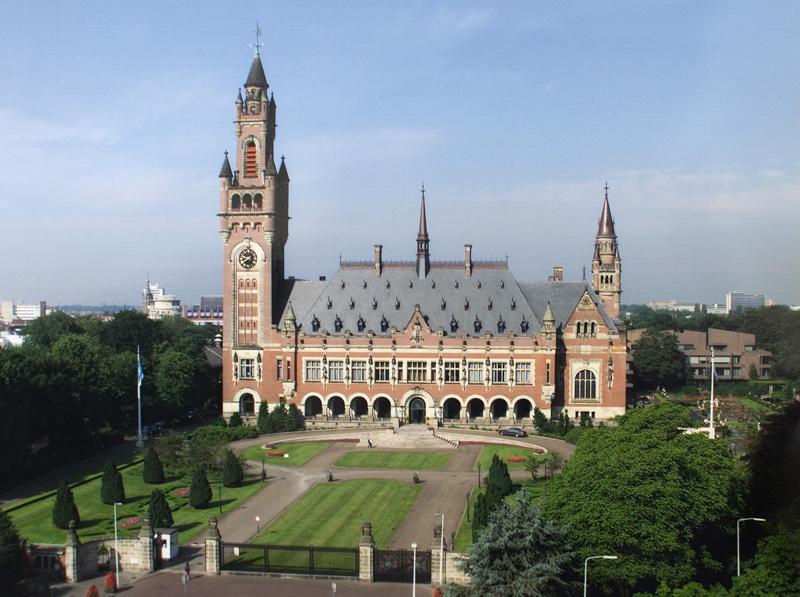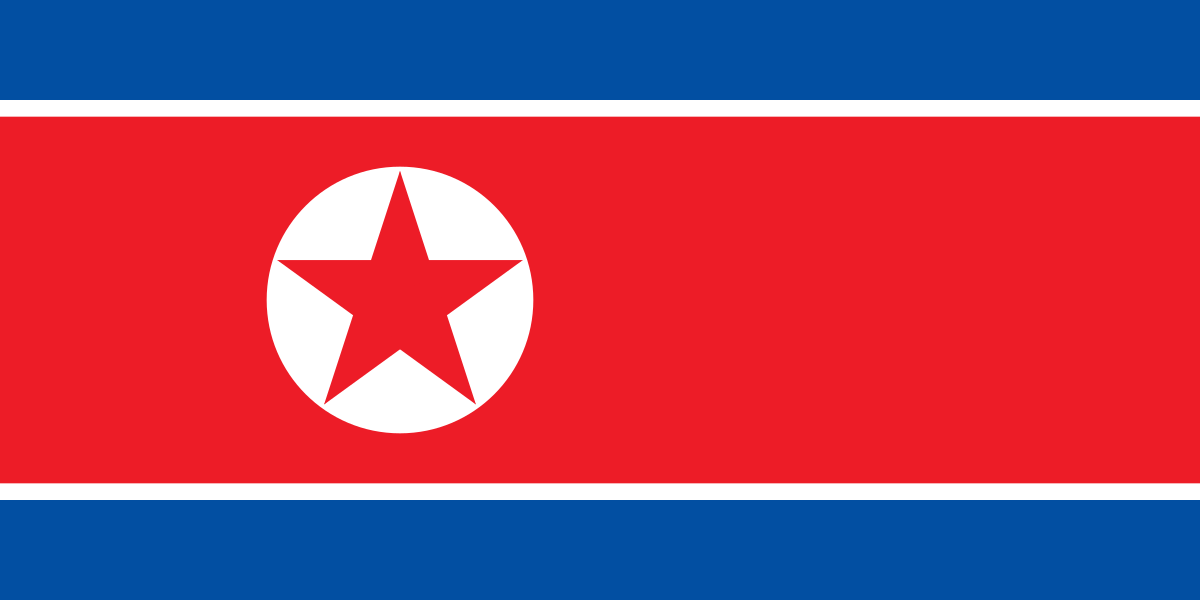Explosion near the finish line of the Boston Marathon, April 15, 2013
The Boston Marathon is the oldest annual marathon in the world, held on Patriot’s Day, the third Monday of April. Every year, about half a million people come to watch the marathon, and tens of thousands enter. This makes it the largest sports event in New England.
April 15th, 2013 was supposed to be a joyous day for the Boston Marathon. But then tragedy struck. Five hours into the race, two bombs went off near the finish line. At least three people were killed: Lu Lingzi, a graduate student at Boston University, Martin Richard, an energetic, sporty eight-year old boy, and Krystle Campbell, a 29 year old restaurant manager. Over 180 people were injured, of which there have been at least 10 amputations. The bombing will also leave psychological scars on everyone who was there at the event, as they will feel afraid of future possible incidents and be sympathetic to those hurt by the bombing.
The bombing was clearly aimed to harm the crowd, as the runners could escape through their marathon path. It created a large amount of disarray and panic among the crowd, as they were packed in next to the streets and not able get out of harm’s way.
Fortunately, there was a quick, rapid, and efficient emergency response. Medical staff both on and off duty responded almost immediately, coming to the aid of victims. Within one and a half hours, ambulances, fire trucks, police cars, and helicopters were all over Boston. There are now whole squadrons of National Guard troops in Boston to protect the city from any further incidents.
As of this writing, the culprits behind the bombing have not been caught yet. The Boston Police and FBI have been intensively searching for those responsible. They are poring through video footage from surveillance cameras, videos taken by eyewitnesses, and eyewitness accounts to try to figure out what happened. Tom Thurman, the former head of the FBI Bomb Data Center, stated “that this will go down in U.S. history as the most videotaped bombing”, which is good for investigators as it gives them a large amount of material to analyze and utilize in finding the perpetrators.
Investigators believe that the bombs were improvised explosive devices (IEDs), pressure cookers packed with explosives, nails, and ball bearings. They believe that the makeshift bombs were placed in black duffel bags and left on the ground. On the 17th, they scoured the racetrack for clues, picking up pieces of evidence everywhere.
On April 18th, the FBI found information in footage that may lead to a breakthrough in their search for the culprits. They have clear images of the faces of two men who they suspect of planting the bombs. Over the next few days, investigators should be able to catch the culprits and put them on trial.
The handling of the case will depend largely on whether it is classified as a foreign or domestic terrorist attack. If the bombing is deemed a foreign terrorist attack, then investigators have a vast range of authorities from the Foreign Intelligence Surveillance Act. If the case is only a domestic one, then investigators can only use wiretapping and the powers granted to them by the Patriot Act. If investigators find suspects quickly, they can question them without reading them their rights by claiming that there is still a threat of other attacks that they can prevent. Mobile interrogation teams will most likely be used to question suspects.
President Obama’s reaction to the events was cautious and formal. He did not use the word “terrorism” to describe the bombings, but rather asserted that “any responsible groups will feel the full weight of justice.” However, President Obama’s aides stated that “Any event with multiple explosive devices — as this appears to be — is clearly an act of terror.” He traveled to Boston on the 18th to an interfaith service honoring the bombing victims.
The Boston Marathon Bombing brings our domestic security to the forefront of our agenda. Over the next few weeks, our government will address the bombing by finding and apprehending the culprits, helping Boston to recover from this tragedy, and imposing new security measures to prevent further unfortunate events like this one. As President Obama stated, “I’m supremely confident that Bostonians will pull together, take care of each other and move forward as one proud city.”
Hari Ravichandran






























